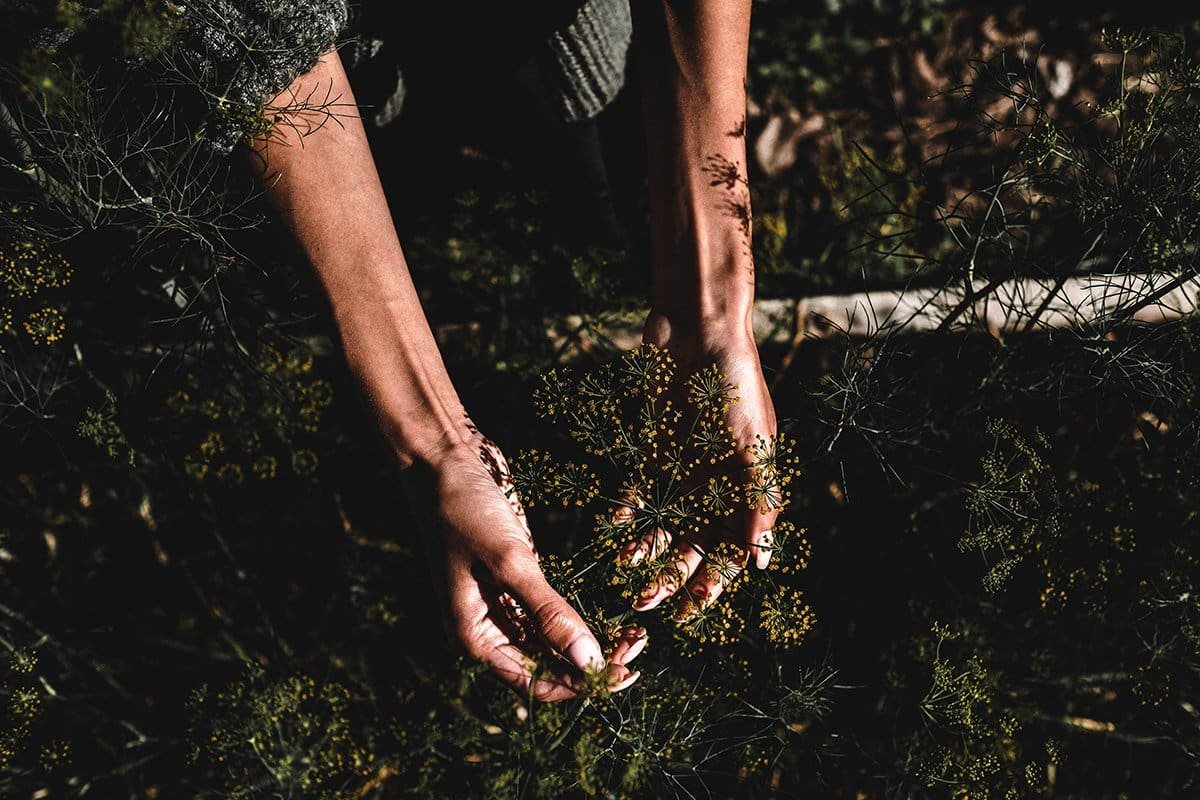
Discover the Herbal Magic of Dill
Introduction to Dill
Dill, an ancient herb with a storied past, has enchanted chefs and healers for centuries. Native to the Mediterranean and southern Russia, this aromatic plant has woven its way into culinary and medicinal traditions around the world. It’s no wonder that dill is a favorite among home cooks, herbal enthusiasts, and health-conscious individuals. In this blog post, we’ll explore the nutritional benefits of dill, its culinary uses, and its remarkable health properties. We’ll also share tips on how you can grow dill at home, so you can enjoy its magic right from your garden.
Nutritional Benefits of Dill
Dill is more than just a flavor enhancer; it’s a nutritional powerhouse. This humble herb is packed with essential vitamins and minerals that contribute to overall health. A serving of dill provides a significant amount of Vitamin A, which is crucial for maintaining healthy vision and immune function. Additionally, dill is rich in Vitamin C, an antioxidant that helps protect the body against free radicals and supports collagen production.
But that’s not all—dill is also a great source of calcium, iron, and manganese. Calcium is vital for strong bones and teeth, while iron plays a key role in oxygen transport within the blood. Manganese is essential for bone health and metabolic functions. Including dill in your diet can help you meet your daily nutritional requirements and promote overall wellness.
Culinary Uses
When it comes to culinary applications, dill’s versatility shines. Its feathery leaves and seeds impart a distinctive, slightly tangy flavor that complements a wide range of dishes. Here are some creative and traditional recipes to inspire your kitchen adventures:
Pickling with Dill
Dill pickles are a classic favorite. To make your own, simply combine fresh dill sprigs with cucumbers, garlic, vinegar, and spices. Allow them to ferment, and you’ll have a crunchy, tangy treat that’s perfect for snacking or adding to sandwiches.
Main Dishes
Dill pairs beautifully with fish, particularly salmon and trout. Try baking salmon with a dill and lemon butter sauce for a delicious and healthy meal. Additionally, dill can enhance the flavor of chicken and lamb dishes, adding a fresh, herbal note that elevates the overall taste.
Salads and Dressings
Dill is a fantastic addition to salads and homemade dressings. Mix chopped dill into a yogurt-based dressing for a refreshing twist, or sprinkle it over a green salad for an aromatic lift. Dill also complements potato salads, coleslaw, and egg dishes, offering a burst of flavor that brightens up any dish.
Health Benefits
Beyond its culinary uses, dill is revered for its medicinal properties. This herb has been used for centuries to promote health and well-being. Here are some of the most notable health benefits of dill:
Digestion Aid
Dill has been traditionally used to soothe digestive issues. Its natural oils stimulate the production of digestive juices, helping to alleviate bloating, gas, and indigestion. Drinking dill tea or chewing on dill seeds can provide relief from these common ailments.
Anti-inflammatory Effects
The anti-inflammatory properties of dill make it a valuable herb for reducing inflammation in the body. Compounds found in dill, such as monoterpenes and flavonoids, help combat oxidative stress and inflammatory responses. Incorporating dill into your diet may help manage conditions like arthritis and other inflammatory disorders.
Potential Cancer-fighting Properties
Emerging research suggests that dill may have potential cancer-fighting properties. Some studies have shown that dill extracts can inhibit the growth of certain cancer cells. While more research is needed in this area, the antioxidant and anti-inflammatory compounds in dill contribute to its potential as a natural cancer-preventive agent.
Magical Benefits
In addition to its culinary and medicinal benefits, dill has a history of magical properties. Ancient cultures believed that dill could ward off evil spirits and bring good luck. It was often used in spells and charms for protection and prosperity. While these magical beliefs may not have scientific backing, the rich history of dill adds another layer of intrigue to this versatile herb.
Growing and Harvesting
If you’re inspired to bring the magic of dill into your own garden, you’ll be pleased to know that it’s relatively easy to grow. August is an excellent month to start planting dill, as the conditions are ideal for its growth.
Ideal Conditions
Dill thrives in well-drained soil with plenty of sunlight. Choose a spot in your garden that receives at least 6-8 hours of direct sunlight each day. Dill prefers slightly acidic to neutral soil, so ensure your soil pH is between 5.5 and 7.0.
Care and Maintenance
Water dill regularly to keep the soil moist, but avoid overwatering. Dill doesn’t tolerate waterlogged soil. Thin out the seedlings to allow enough space for each plant to grow. Regularly trim the leaves to encourage bushier growth and prevent the plant from bolting (going to seed too early).
Harvesting Methods
You can begin harvesting dill leaves when the plants are about 8 inches tall. Simply snip the leaves as needed, taking care not to remove more than one-third of the plant at a time. To harvest seeds, allow the flowers to mature and form seed heads. Once the seed heads turn brown, cut them off and hang them upside down in a paper bag to dry. The seeds will fall into the bag, ready for use in your culinary creations.
Dill is truly a magical herb that offers a myriad of benefits, from enhancing your meals to promoting health and well-being.
Whether you’re a home cook looking to experiment with new flavors, an herbal enthusiast eager to explore its medicinal properties, or a health-conscious individual seeking nutritional benefits, dill has something for everyone.
Incorporate dill into your culinary and wellness routines, and experience the herbal magic for yourself. We’d love to hear your favorite dill recipes or experiences with this fascinating herb. Share your thoughts in the comments section below and join our community of dill enthusiasts.
Happy cooking and gardening!



